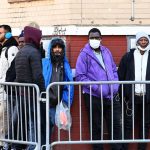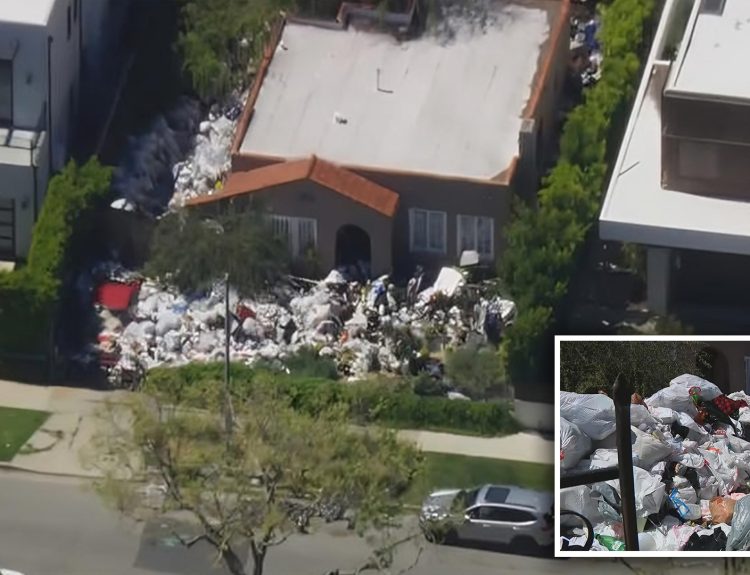California has been suffering from a homelessness problem for a while. Governor Gavin Newsom intends to fix that with sweeping legislation proposed in Proposition 1. However, this legislation will do more than simply attempt to address homelessness. Let’s see how this could impact Newsom’s future political endeavors.
Won By The Finest of Margins
Prop 1’s results came in on Wednesday, and it won by a pretty thin margin. In a state of almost 40 million people, the proposition won with a 30,000-vote margin.

Newsom made Prop 1 the centerpiece of his electoral campaign and intends to deliver on it. However, the small margin made him take notice of what voters were saying about the issue.
People Are Tired of the Time Delay
Governor Newsom stated that he knew people were tired of the long lag time between the proposition’s passing and the legislation’s passage to make it a reality.

The Democratic governor also noted that he was aware that people were exhausted with promises. He intended to produce results for his constituents as much as he could manage.
A Deep Division On The Homelessness Issue
California’s homelessness situation has started to approach critical levels. While in other states, homelessness tends to affect only the lowest economic bracket, it’s different here.

In California, it’s not uncommon to see middle-income earners living in their cars for a short stint as they search for an apartment. The state’s homelessness problem has divided the citizens.
Which Problem To Deal With?
Californians are wary about the homelessness issue because, in their experience, politicians only try to solve the symptoms of the problem and ignore the much more glaring underlying issue.
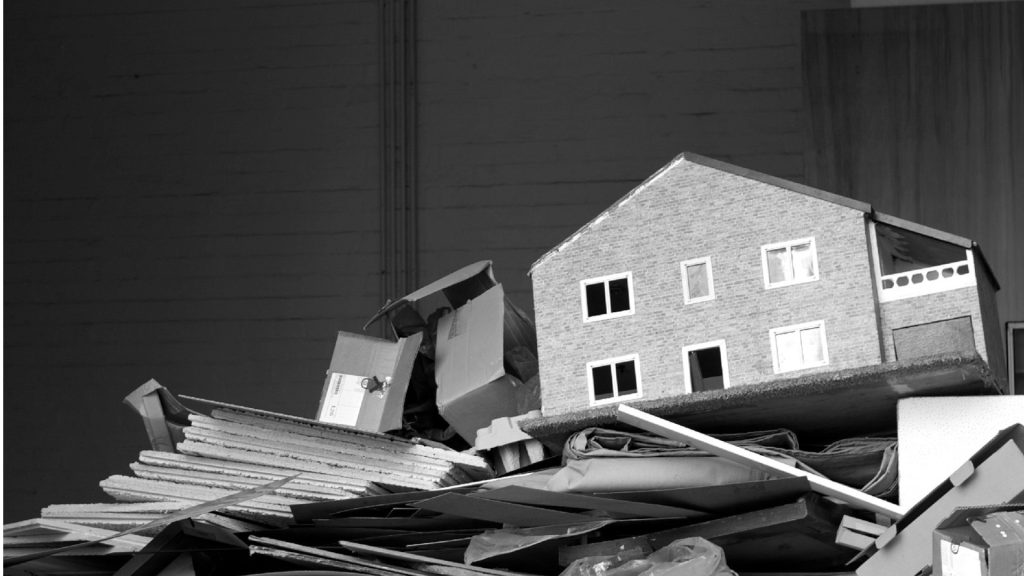
Instead of spending money on homelessness, they expect the government to address the lack of housing in high-density areas like cities. This division was obvious in the results of Prop 1.
The Number One Issue In the State
Homelessness is the number one issue in the state, according to many Californians. It’s become such an overbearing problem that the government can no longer sidestep it.
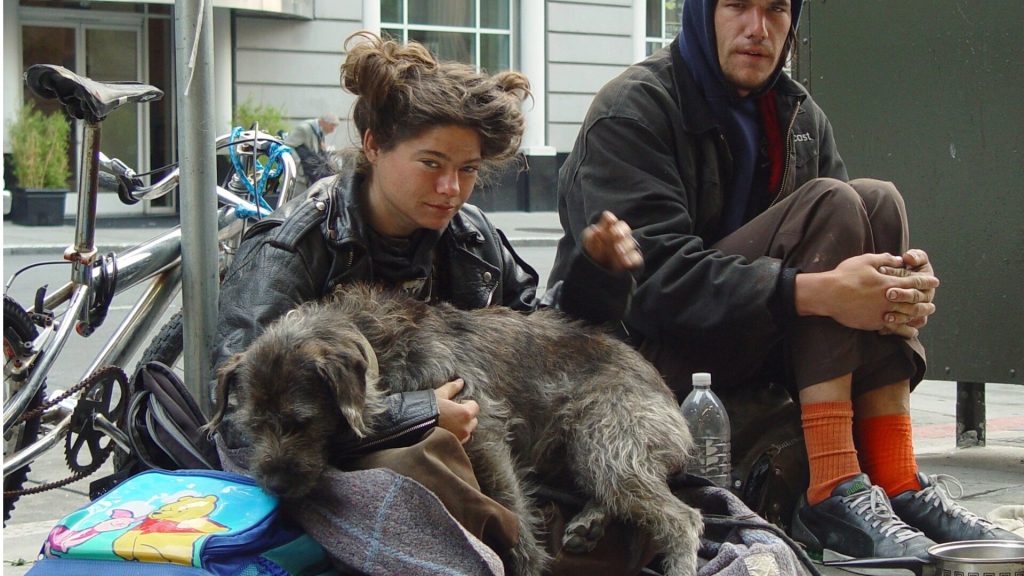
Prop 1 shows how much of an issue it is, but it also highlights whether Newsom can get legislation passed to make the suggestions of the public into a reality. It’ll be a turning point for his career.
Some Opposition Voices Complain
A group of volunteers known as the Californians Against Prop 1 were the sole voices of opposition against Newsom’s legislative approach to homelessness. They say it’ll become a humanitarian disaster.
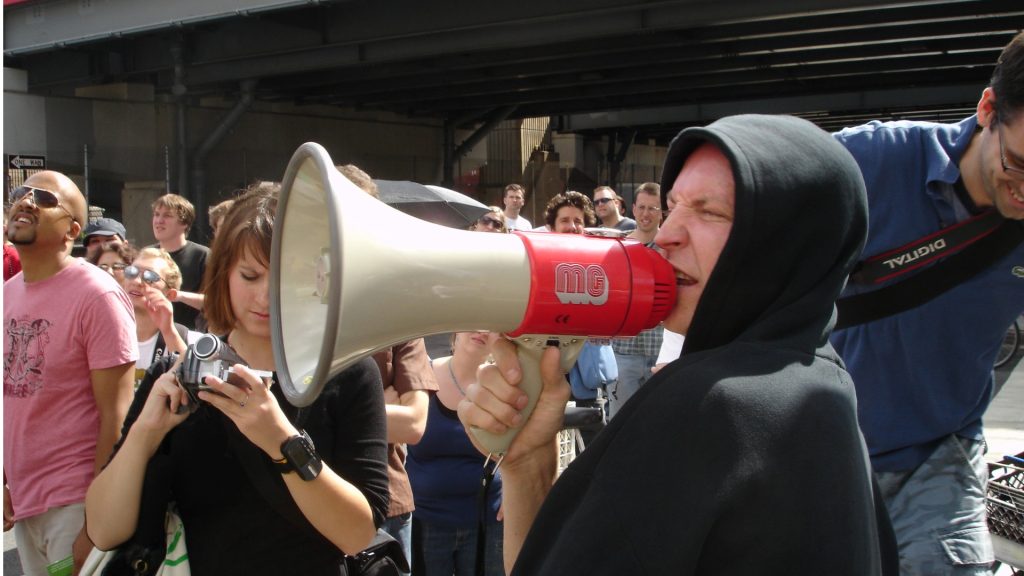
They contended that passing Prop 1 wasn’t a huge win for Newsom, and the results show that it only just barely passed despite homelessness being such a huge issue. Why was this?
The Breakdown Exposes The Truth
When we look at how Prop 1 voting went, the majority of the votes happened along the coast in liberal stronghold areas that had high population density, where homelessness was more apparent.
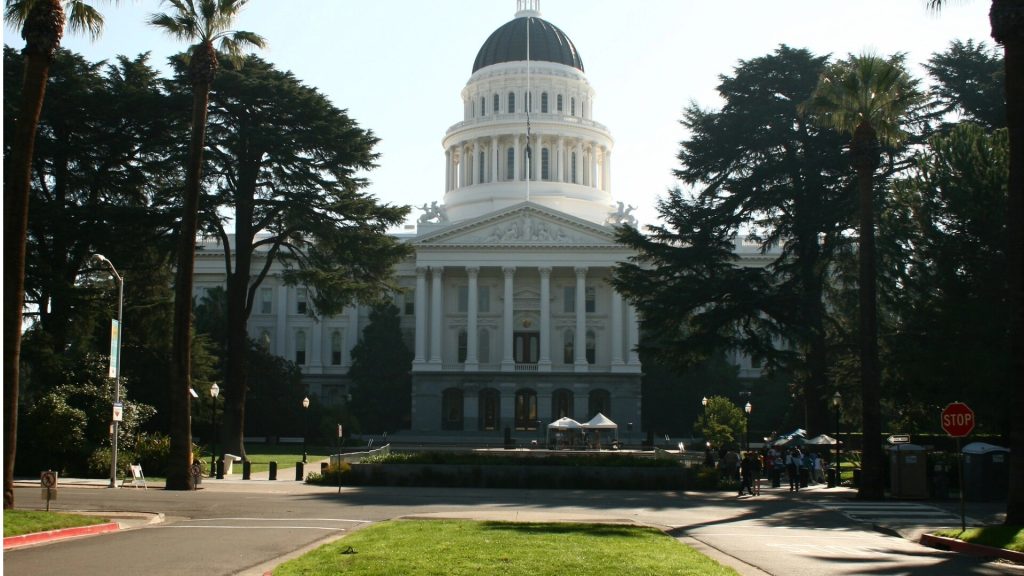
The interior of the state, where more conservative voters live, voted against the proposition. Homelessness affects the entire state but is less visible in non-urban areas. The pandemic skyrocketed those numbers.
People Unhappy About State Spending on The Issue
Records show that California has, to date, spent some 12 billion dollars over the last five years to combat homelessness, and the problem has only gotten worse.

Newsom stated that the voting showed Californians were unhappy about spending more money on the issue. Most of the money was spent to clear homeless encampments and erect new shelters.
Redirecting Money From Income Tax
Newsom’s approach is a bit different from the typical Californian government methodology. California passed a tax in 2004 that was designed to pay for mental health care facilities using taxes on incomes over $1 million.
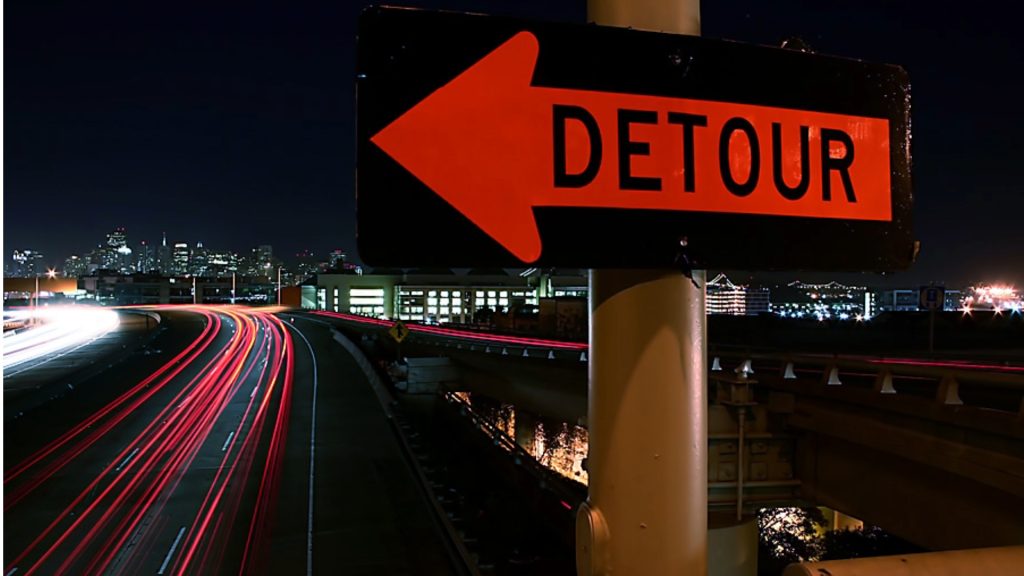
Newsom intends to redirect that funding to build new shelters and rehabilitate older ones. California used to have many more shelters, but former governor Ronald Reagan closed many of them.
Mental Health Treatment Will Be Redirected As Well
As the funding for Prop 1 becomes available later in the year, the counties that would initially be tasked with rolling out mental health initiatives will be asked to prioritize homeless treatment.

Newsom believes that if he forces mental health programs to focus more on people on the street and only fund the programs that show results, he’ll get what the voters want to see out of Prop 1.
Limping Over the Finish Line
Prop 1 didn’t face any serious opposition, but Newsom’s attempt to get it passed during a primary was risky. Voters tend to be more conservative during this period.
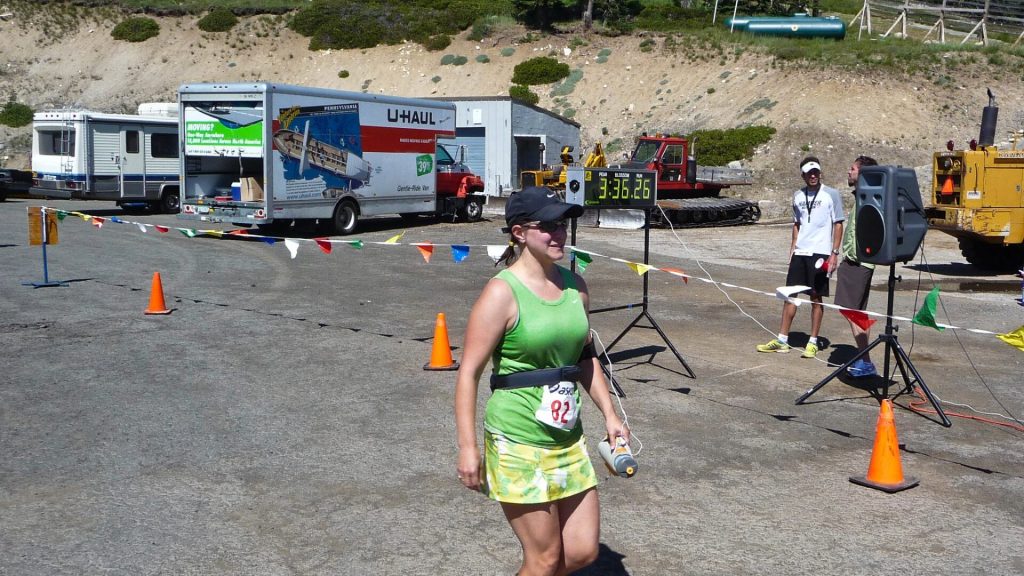
Despite the timing, the proponents expected it to pass with a 55% majority. The final numbers showing a 50.2% majority was far worse than anyone estimated it would have been.
Passing With a Push
The last two weeks Prop 1 was up for voting was primarily spent in limbo. About ten days after the election, the “yes” supporters called for supporters to come out and vote to push the proposition over the finish line.
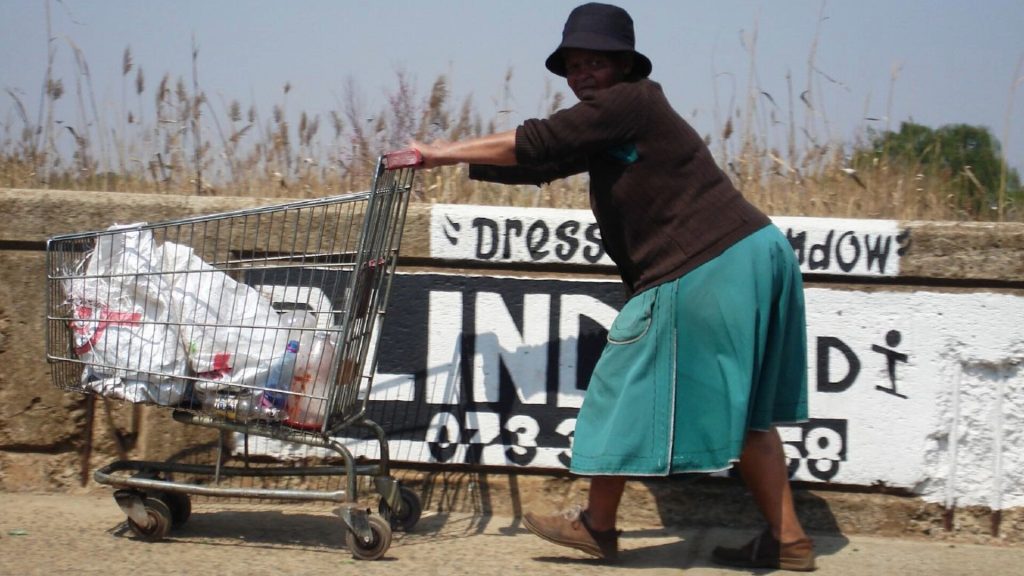
Despite the public’s seeming indifference to the bill, it had massive bipartisan support, with both Republicans and Democrats participating in the “yes” campaign.
Critical Of The Timing
Some people were not happy with Newsom’s timing of putting the proposition on a March ballot because of overlap with the primaries and other factors that could affect voter involvement.

Newsom responded that he had no choice in the matter, and if we wanted to start seeing results by October, the latest he could possibly put Prop 1 out for voting was March.
A Win Is a Win
Despite the low numbers of voters, Newsom will nonetheless count this as a victory. However, he does notice that the voters are concerned about him being able to accomplish this.

The small margin of victory also shows that the voters are not 100% sure about spending more money on homelessness. Newsom, however, is proud the proposition passed and knows this will define his career as a politician. Provided he can deliver results for the populace.


